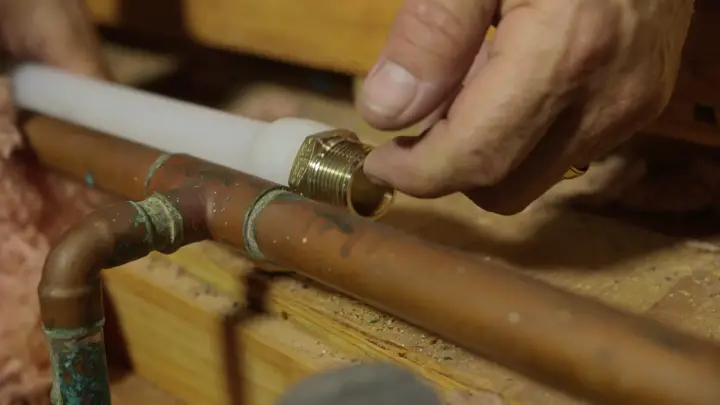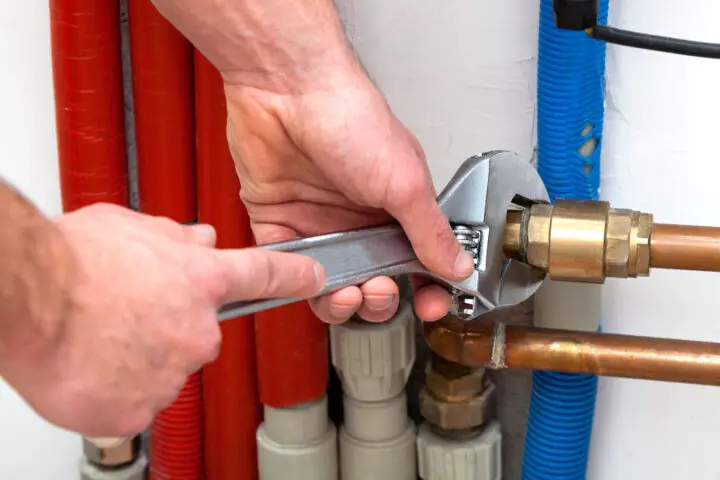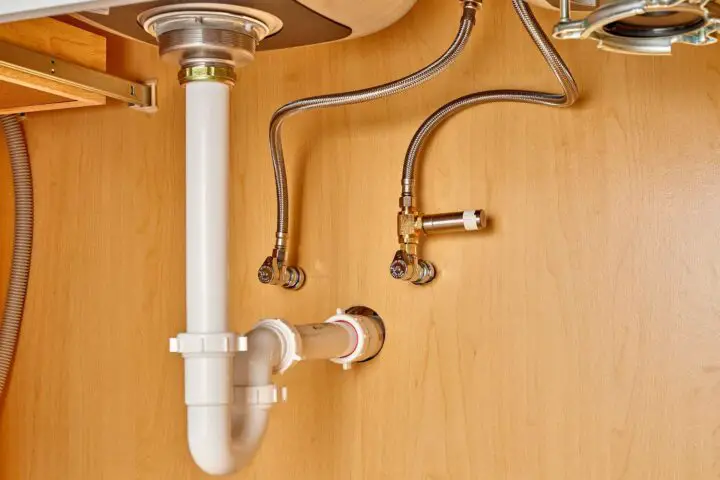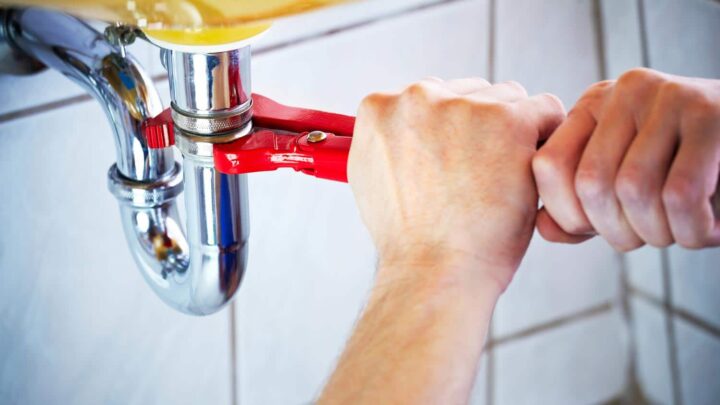How Often Should You Replumb a House?

Pipes inevitably degrade over time, and water and sewer lines should be regularly checked and changed as needed.
However, replumbing a home can be an enormous project that should only be attempted with professional plumbing assistance. Here, we outline some signs to look out for that indicate it might be time to change up your plumbing.
If you think you need to replumb your house, get in touch with a professional plumber by visiting https://jblantonplumbing.com/.
Signs you need to replumb your house
The frequency of how often you replumb your house depends on if you’re starting to notice any signs that something is amiss. Here are a few of them.
Old pipes

Pipes typically last 50 years or longer before needing replacing to prevent things like clogs and leakages of potentially toxic substances.
Homeowners with pipes installed before 1970 may notice rust stains or an odd smell coming from their tap water, indicating an old pipe problem.
Furthermore, older homes may contain outdated materials like galvanized steel pipes. When they corrode, lead can leak into the water, posing a significant health risk. It’s best to replace these old pipes with corrosion-resistant copper or plastic pipes instead.
Different Materials
Understanding the lifespan of the materials used in your plumbing system can give you a better idea of when replumbing might be necessary. Here’s a brief overview:
- Copper: Known for its durability, copper pipes can last anywhere from 50 to 70 years. They are resistant to corrosion and are often used for main water lines.
- PVC: PVC pipes, commonly used for drain lines, have a lifespan of 25 to 40 years. They are resistant to rust but can become brittle over time.
- Galvanized Steel: These pipes were popular in older homes but are prone to rust and corrosion. Their lifespan ranges from 20 to 50 years, but many experts recommend replacing them sooner due to potential lead contamination.
Rattling pipes

If your pipes are making rattling noises, it may be due to obstructions or high water pressure.
It could also indicate that pipes have come loose from their brackets or supports and need tightening up more securely.
If it continues for some time, it’s definitely an indication that something is wrong, and if left unchecked, it could cause serious harm to your system.
A plumber might suggest replumbing to prevent future issues and to save you from costly repair bills and water damage claims.
Foul smell or taste

Foul-smelling or tasting water is another telltale sign that pipes need replacing. Discolored water often indicates a build-up of rust or sediment in pipes, which poses serious health risks.
In cases such as this, it may be time to remodel your home’s plumbing system.
The Cost Implications of Replumbing
Replumbing your home is undoubtedly an investment, but it’s essential to consider both immediate and long-term costs:
- Immediate Costs: The size of your home, the complexity of the plumbing system, and the materials chosen can all influence the upfront cost of replumbing.
- Long-term Savings: By addressing plumbing issues early, you can avoid potential water damage repairs, reduce water bills due to leaks, and even save on homeowners’ insurance in some cases.
The Benefits of Timely Replumbing

Acting proactively and replumbing your home at the right time can offer several benefits:
- Improved Water Pressure: Over time, pipes can become clogged or corroded, leading to reduced water pressure. New pipes can restore optimal water flow.
- Better Water Quality: Old pipes can lead to discolored or foul-tasting water. Replumbing ensures clean, clear water for your household.
- Increased Home Value: A newly replumbed home can be a significant selling point for potential buyers, ensuring peace of mind and reducing future maintenance concerns.
- Prevention of Water Damage: Leaky pipes can cause significant damage to your home’s structure and interiors. Timely replumbing can prevent such issues, saving you from costly repairs.
Replumbing a home should never be attempted without a professional, as they’ll possess all of the tools and experience to complete this project. Replumbing can take as little as 2 days or as much as 7 days, depending on the size of your system and the condition of the pipes.
Conclusion
Replumbing a home can be a daunting task, and if done incorrectly, it can have disastrous consequences. That being said, there are certain signs to look out for that indicate that it may be time to replumb your house.
If you notice any of these issues, make sure to contact a professional plumber as soon as possible to assess the situation effectively. This way, you’ll have peace of mind that your home is properly protected from any future damage.
Remember to always seek professional advice and assistance when it comes to maintaining the integrity of your plumbing system.

